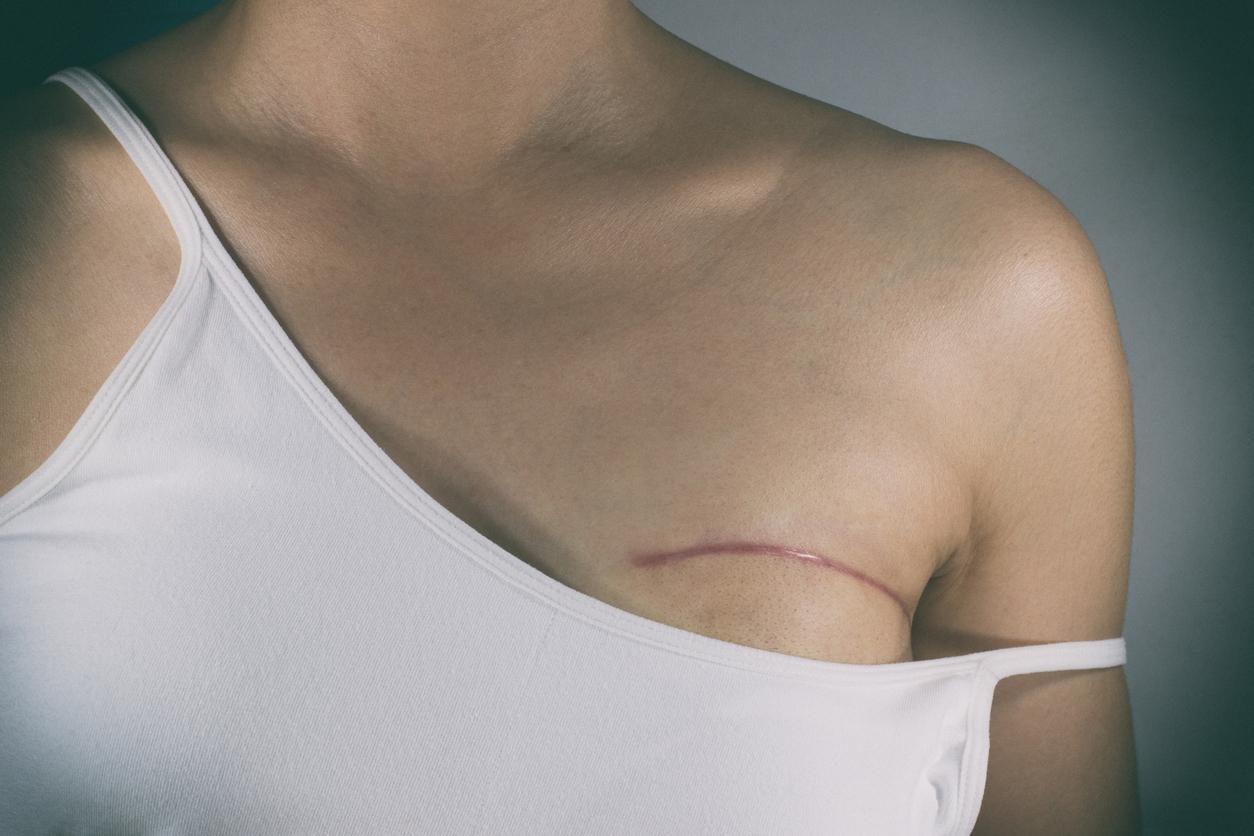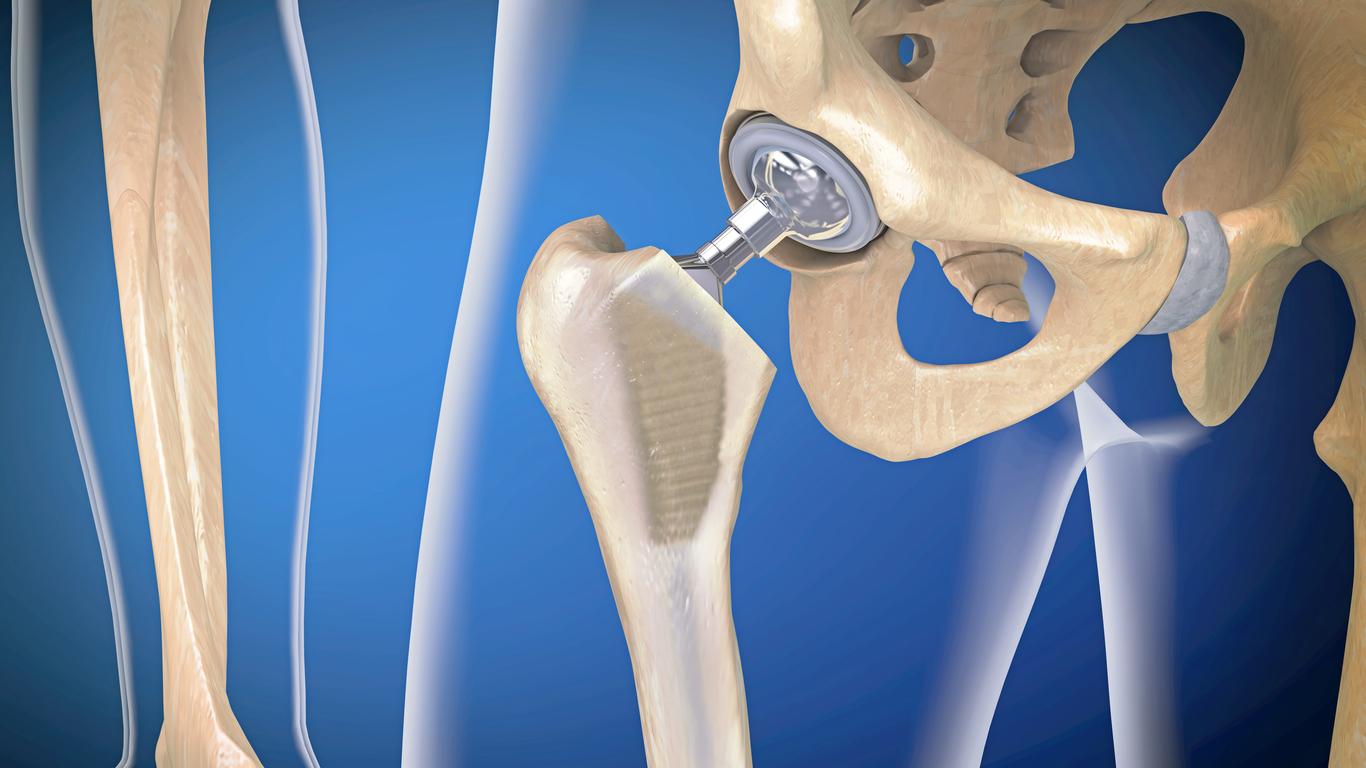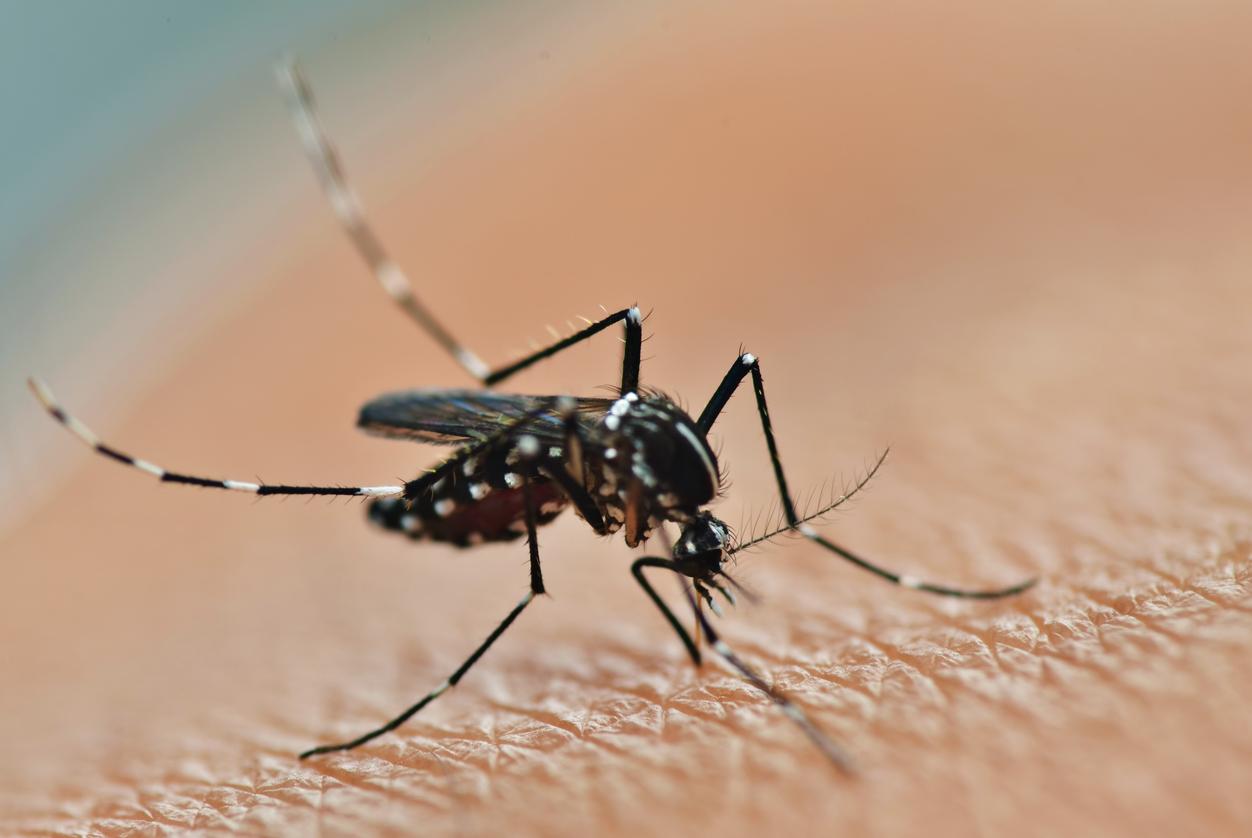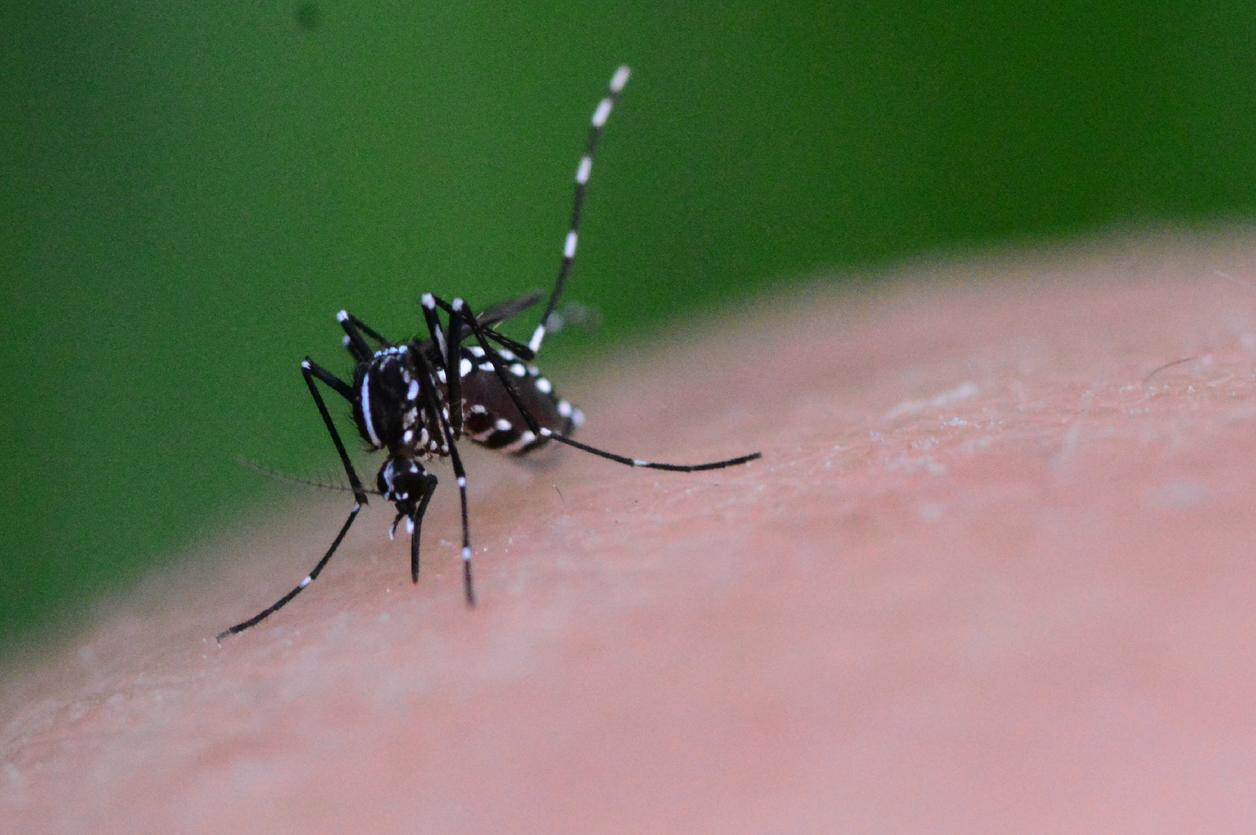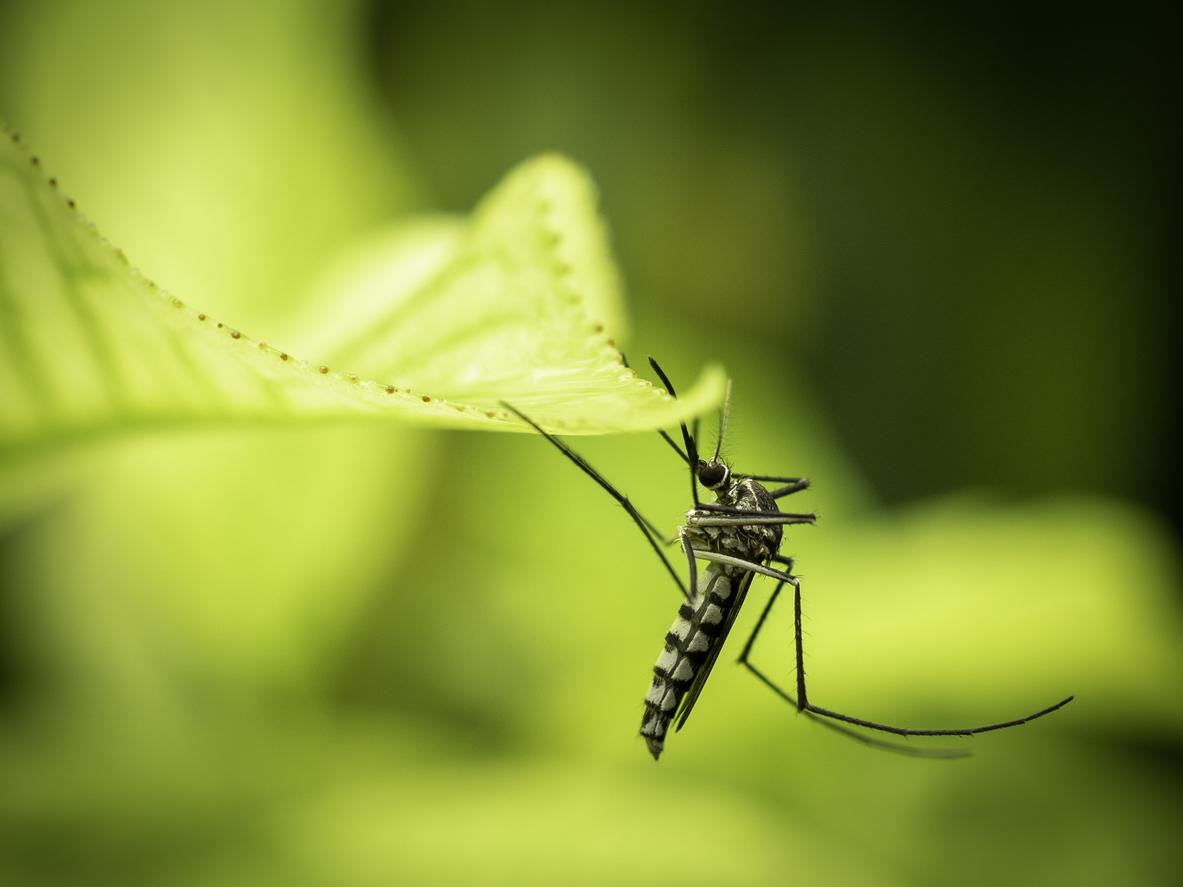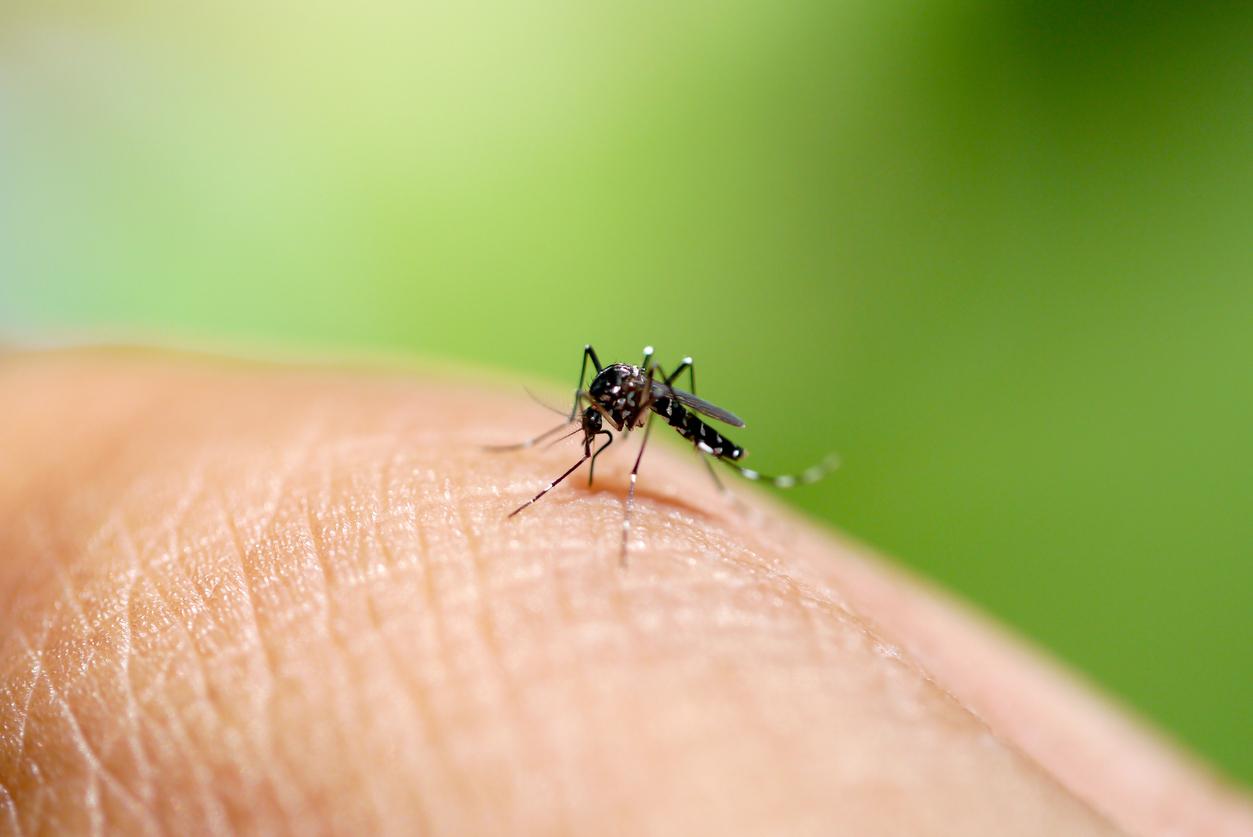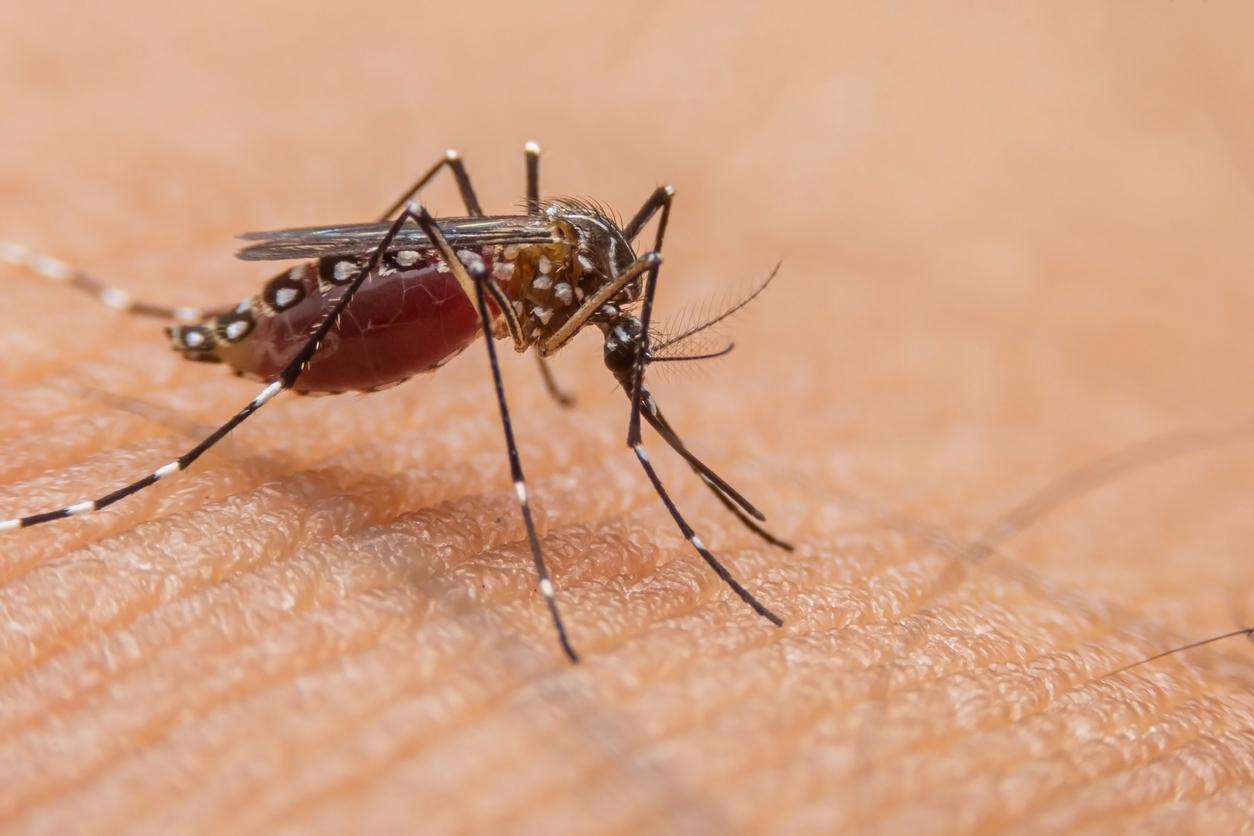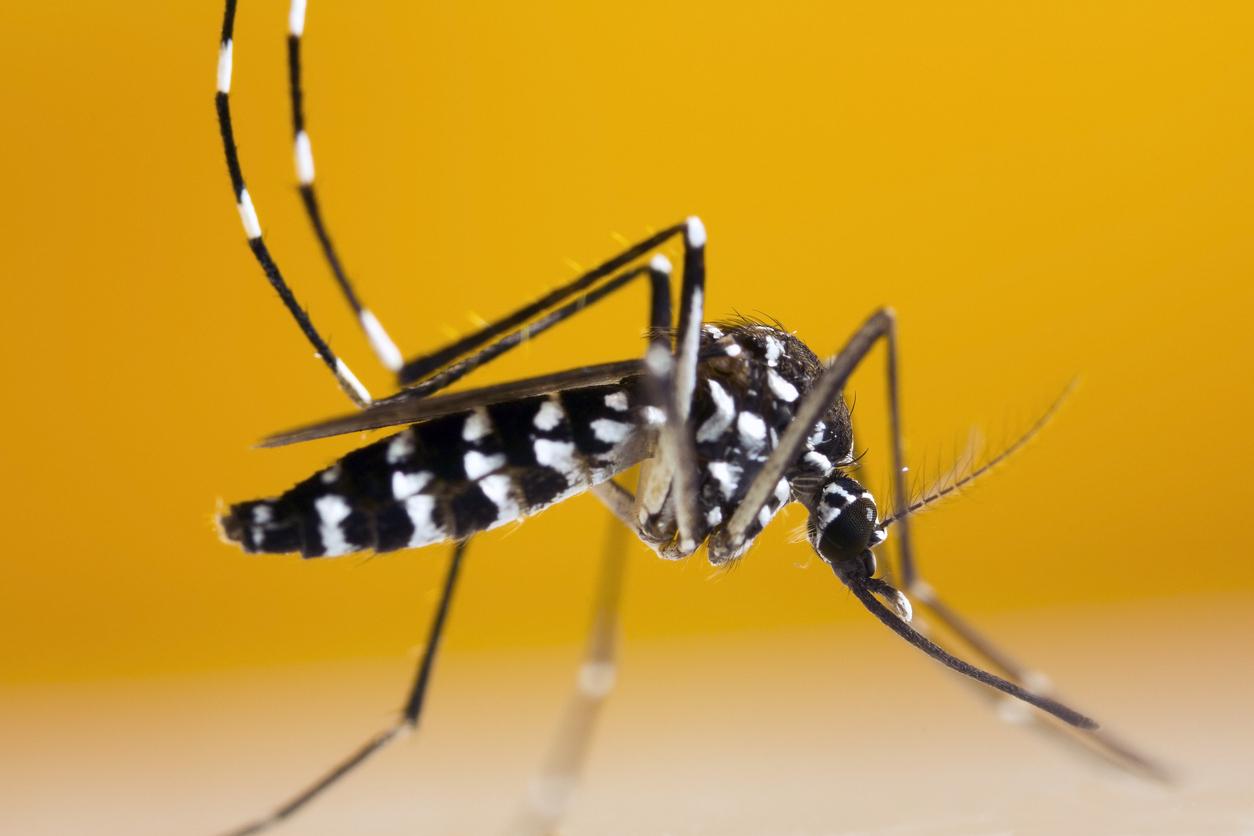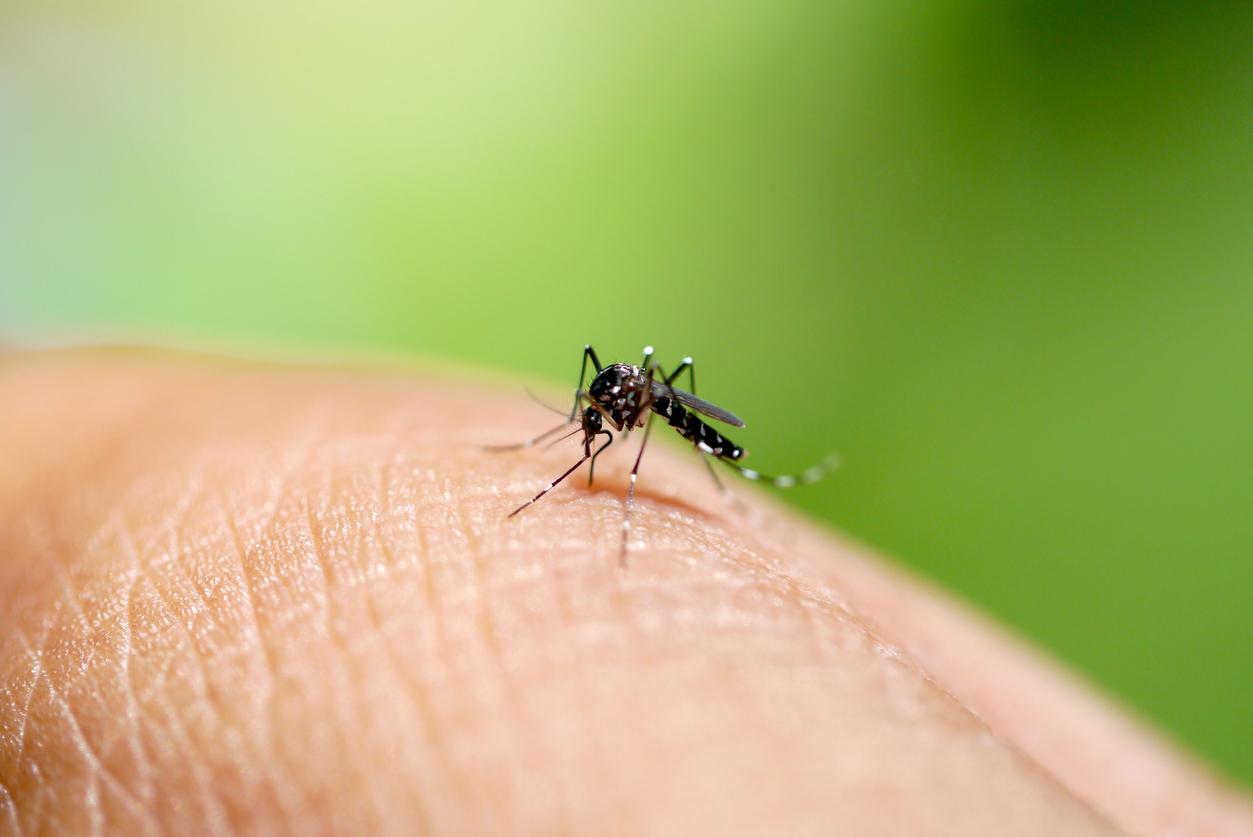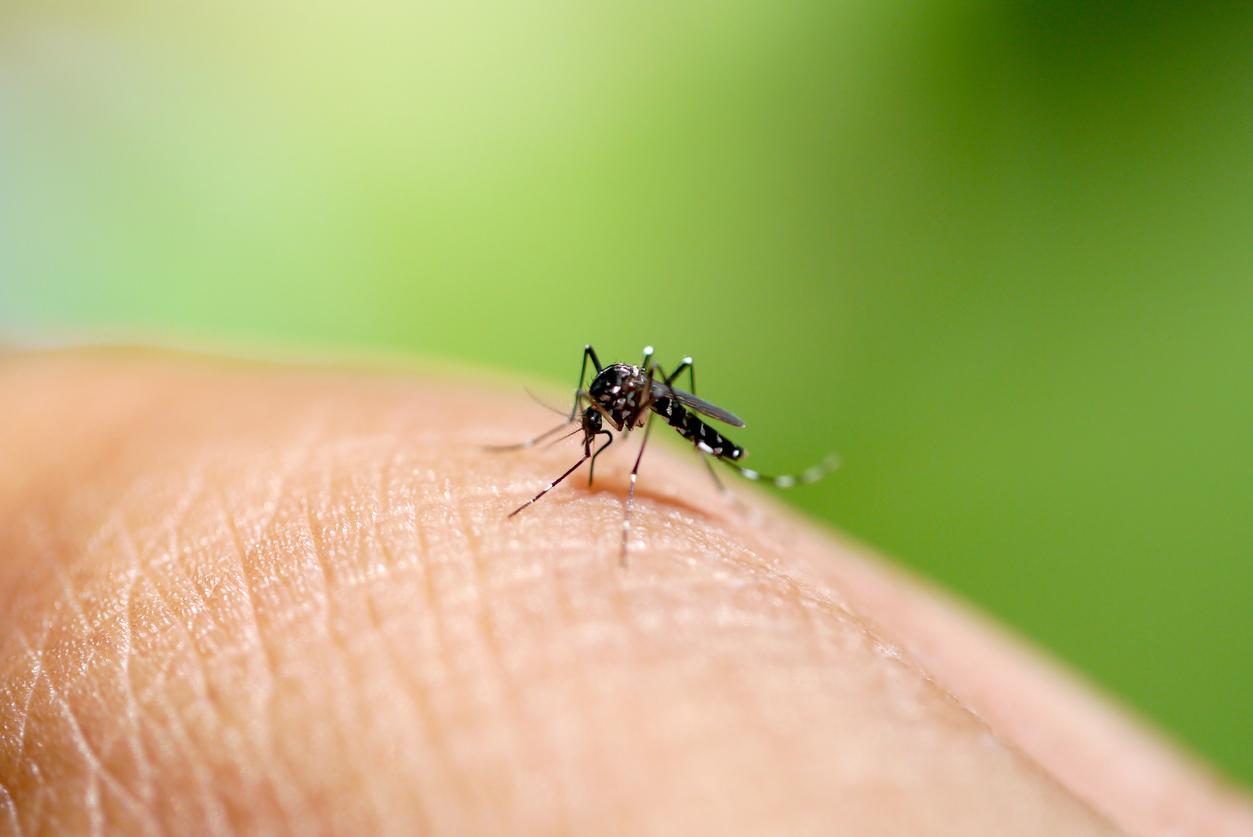Between January 1 and June 9, 2016, 460 people returning from Zika virus circulation areas were infected, including 10 pregnant women.
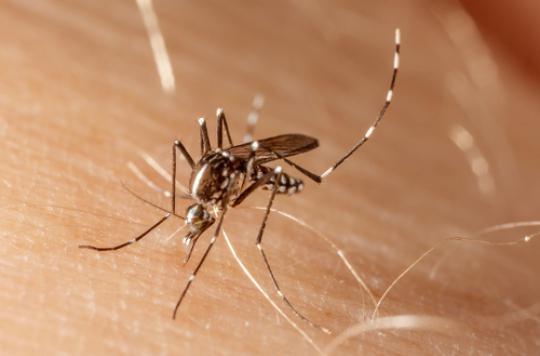
The Zika virus has indeed arrived in metropolitan France. As of June 9, 2016, infection with this virus transmitted by mosquitoes Aedes was biologically confirmed in 460 people returning from Zika virus circulation area, including 10 pregnant women and 2 cases of neurological complications, according to the latest epidemiological bulletin.
All of these people were infected in the areas currently affected by the epidemic. According to the latest point from the World Health Organization (WHO), 60 countries in South America and the Caribbean have local transmission of this virus.
One of the last known cases is in Lot-et-Garonne. At the start of the week, the Aquitaine-Limousin-Poitou-Charentes Regional Health Agency (ARS) announced that a man returning from Martinique was infected. His partner, a pregnant woman, would also be. However, the ARS will not be able to confirm or deny this suspected case only after having received the conclusions of the National Arbovirus Center in Marseille.
5 cases of sexual transmission
In addition, 5 cases of infection by sexual transmission have also been confirmed in metropolitan France. One of these cases was also the subject of a study in The Lancet released this week. This revealed that a man had infected his wife during unprotected sex more than a month after the onset of symptoms.
This discovery thus supports the recommendations issued by the WHO last week. These invite travelers returning from the virus circulation area to have protected intercourse, or to choose abstinence, for at least 8 weeks. If the man has symptoms, abstinence or the use of condoms should last at least 6 months.
For women wanting to have children and living in regions where the epidemic is raging, the WHO has recommended since Thursday to postpone their pregnancy plan as long as the virus is circulating, because of the risks of microcephaly and other irreversible brain damage in the fetus.
For now, the risk of spreading the Zika virus by the tiger mosquito, also called Aedes albopictus, is weak. But the beginning of summer and the high temperatures, especially in the South of France, favor this transmission. Hence the importance of eliminating small containers in gardens, favorite nesting places for female mosquitoes. Personal protection by wearing long clothing and applying insecticides is, moreover, the only effective way to avoid mosquito and Zika bites.
.




